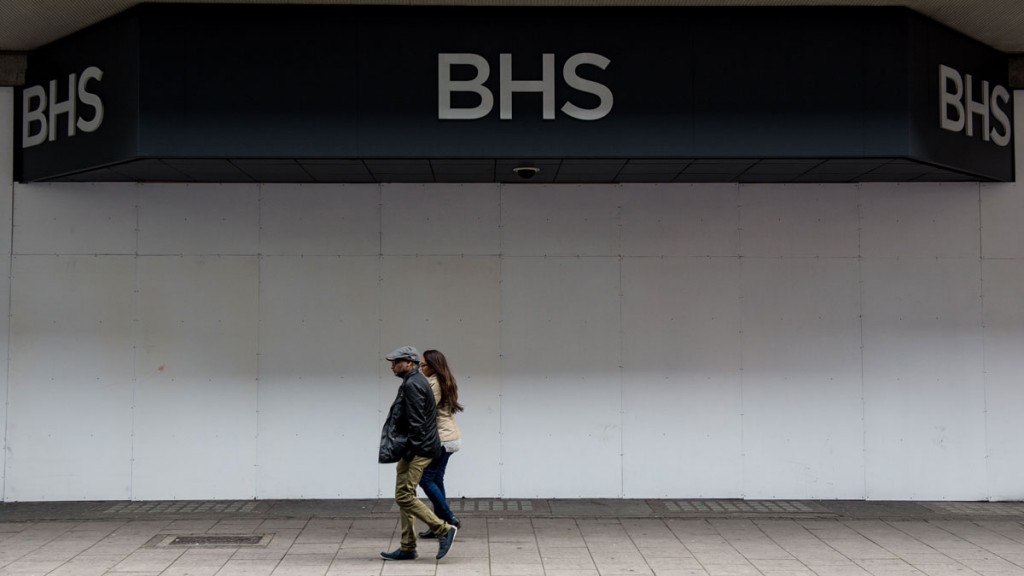
Most FTSE 100 companies could clear their pension deficits in less than two years if they stopped paying dividends to shareholders and diverted all the cash to their pension funds instead – 46 of them could do it in a year.
Total pension deficits hit around £25bn in 2016; total dividend payments came to £68.5bn.That’s the finding from a new report just out from JLT Employee Benefits. This is fabulous news, being yet another piece of evidence to add to the pile suggesting that the great pension deficit disaster just isn’t as bad as it looks.
But what of the idea that if companies can cover deficits by dumping dividends, then they should? Why shouldn’t the Pensions Regulator just make the whole deficit thing go away by banning dividend payments by any firms without a fully funded pension fund?
On the face of it that isn’t a bad idea. But look deeper and it is. Companies need to be seen to be balancing the needs of all stakeholders (awful word, but you know what I mean) so totally prioritising the pension fund isn’t ideal (not if you want to raise more money from shareholders at any point, at least).
What an ailing pension fund needs most is a sponsor in good shape (that is capable of remaining a cash-generative going concern long enough to meet all its liabilities). Force firms to divert cash from dividends and investment to pensions en masse and in scale and you could easily risk that.
At the same time it is worth remembering that these deficits are theoretical, not real. They are based on expected returns, which are in turn based on gilt yields. Gilt yields are currently very low. So pension deficits look very high. But if you fully fund the deficit now and interest rates then rise sharply (as looks likely) you will end up with a whole load of funds in surplus. That might be comforting for pension fund participants. But it isn’t exactly an efficient use of corporate capital is it?
Finally, I’d point out that anyone thinking that dividends are the answer to everything might be a little late to the paying out party. As a note from AJ Bell makes clear this morning, a good many big firms have been giving shareholders rather more than they should have (everyone has been demanding yield, and chief executives mad to get their share prices up have obliged even when their profits haven’t been quite up to the job).
Pearson has just cut its dividend – hardly unexpected given that its dividend cover was a mere 1.2 times (although the shares still fell 27% wiping out five years’ worth of income gains in the process).
It probably won’t be the last to do so: as AJ Bell says “based on consensus forecasts for 2017 the aggregate dividend cover for the FTSE 100’s top ten yeilding stocks now is just 1.3 times (See chart below).” That’s not good: anything below two times just isn’t safe.
| Company | Yields (2017 est) | Earnings cover (2017 est |
| Taylor Wimpey | 8.10% | 1.21x |
| Direct Line | 7.60% | 1.11x |
| Admiral Group | 7.10% | 0.93x |
| Barratt Developments | 6.70% | 1.50x |
| Royal Dutch Shell | 6.40% | 1.00x |
| Capita | 6.40% | 2.08x |
| Legal and General | 6.30% | 1.40x |
| Standard Life | 6.10% | 1.18x |
| BP | 6.10% | 1.03x |
| SSE | 6.00% | 1.33x |
| Average | 1.28 x |